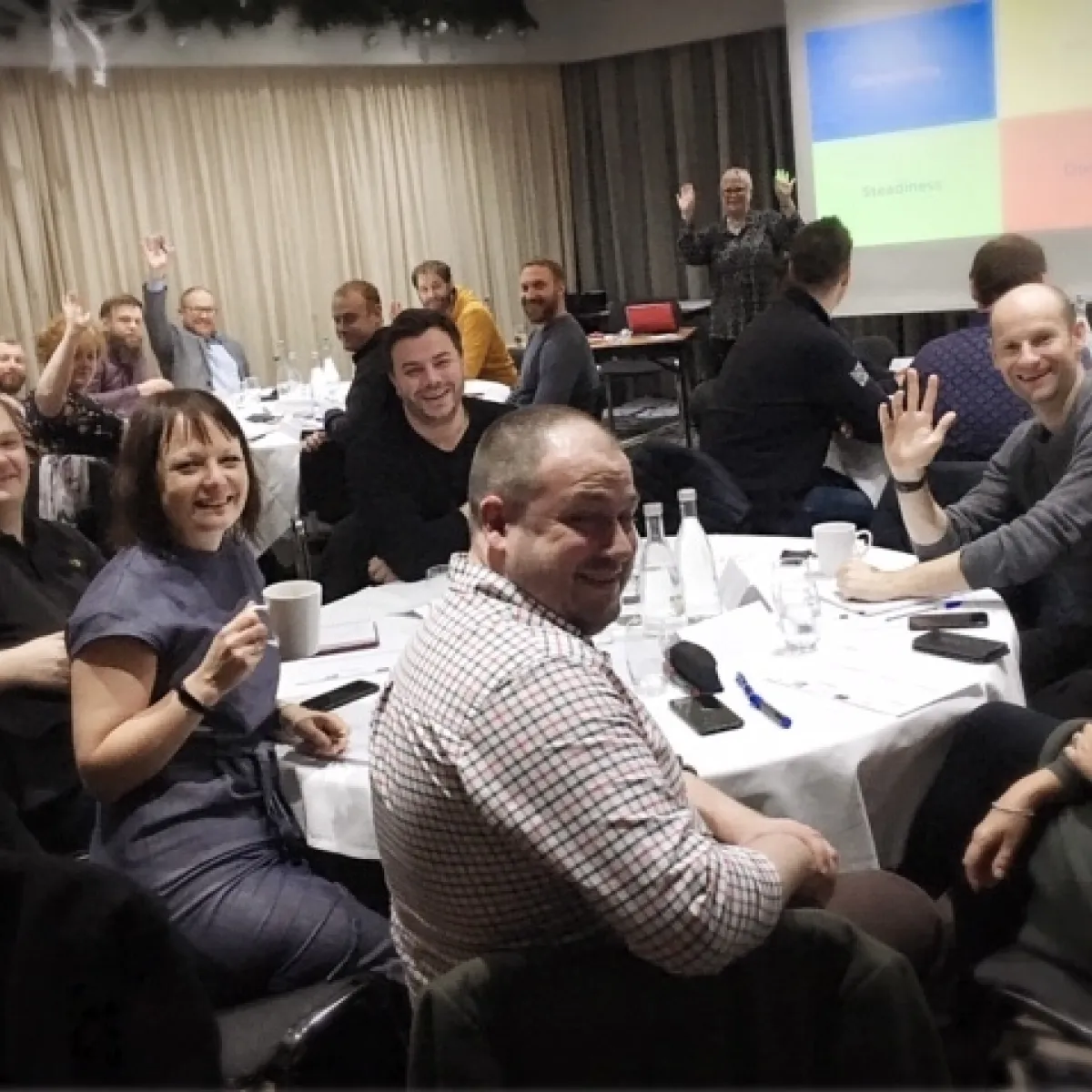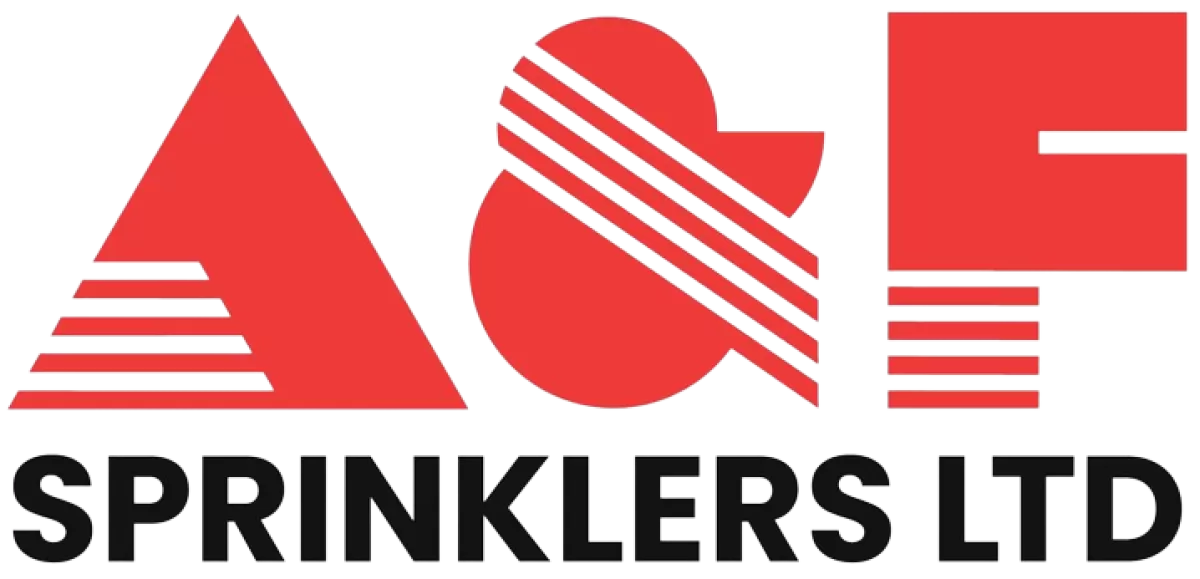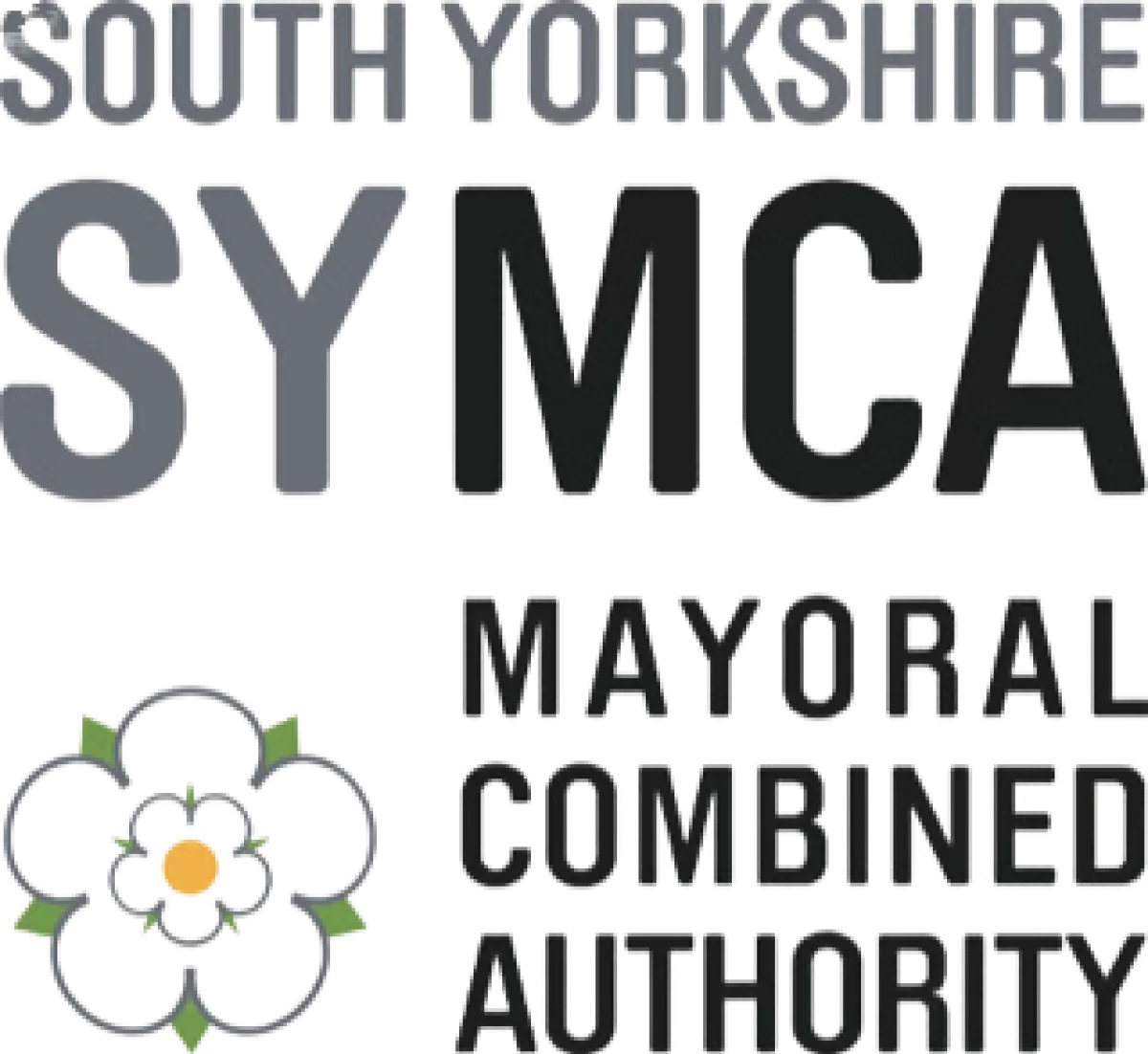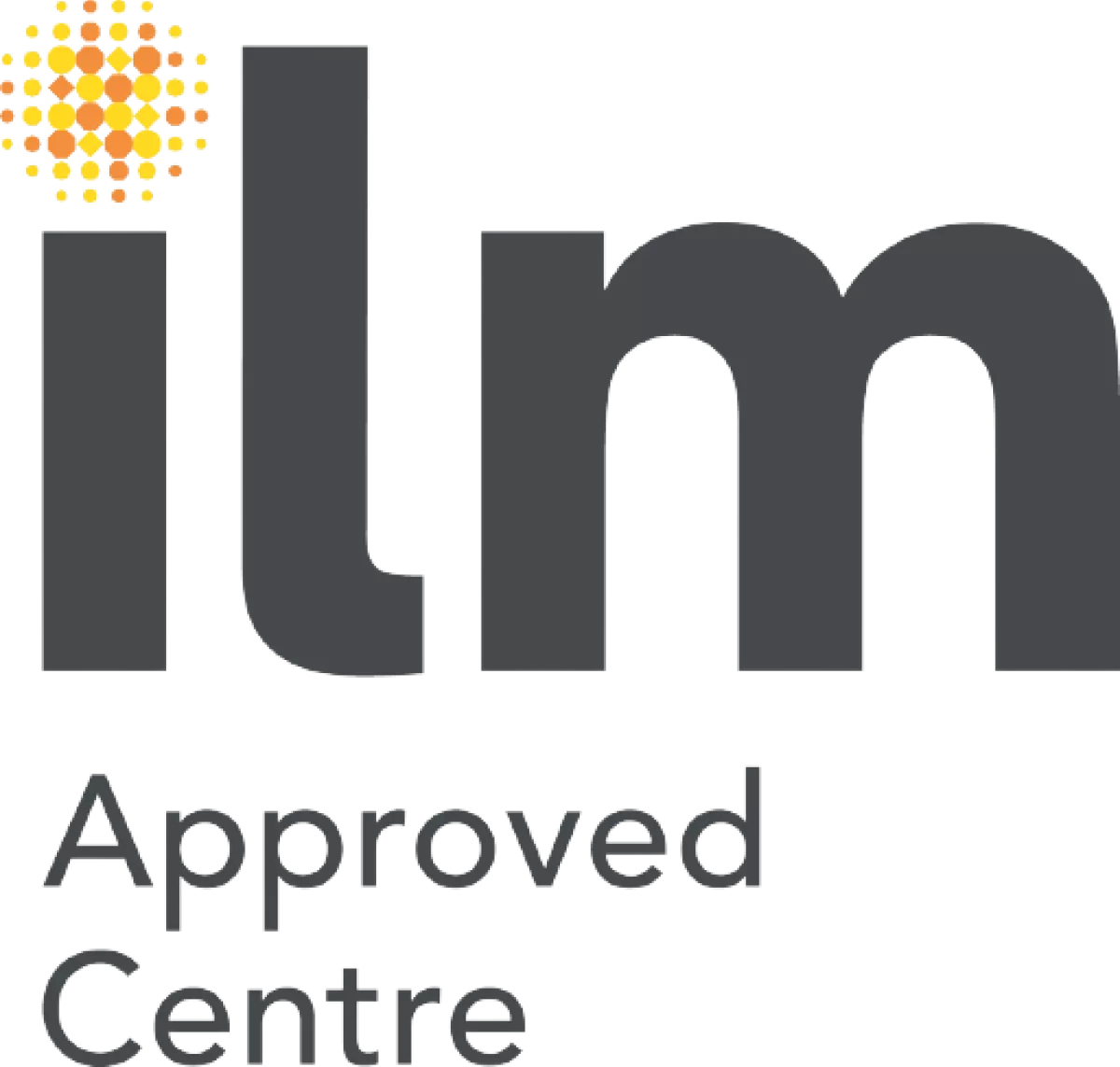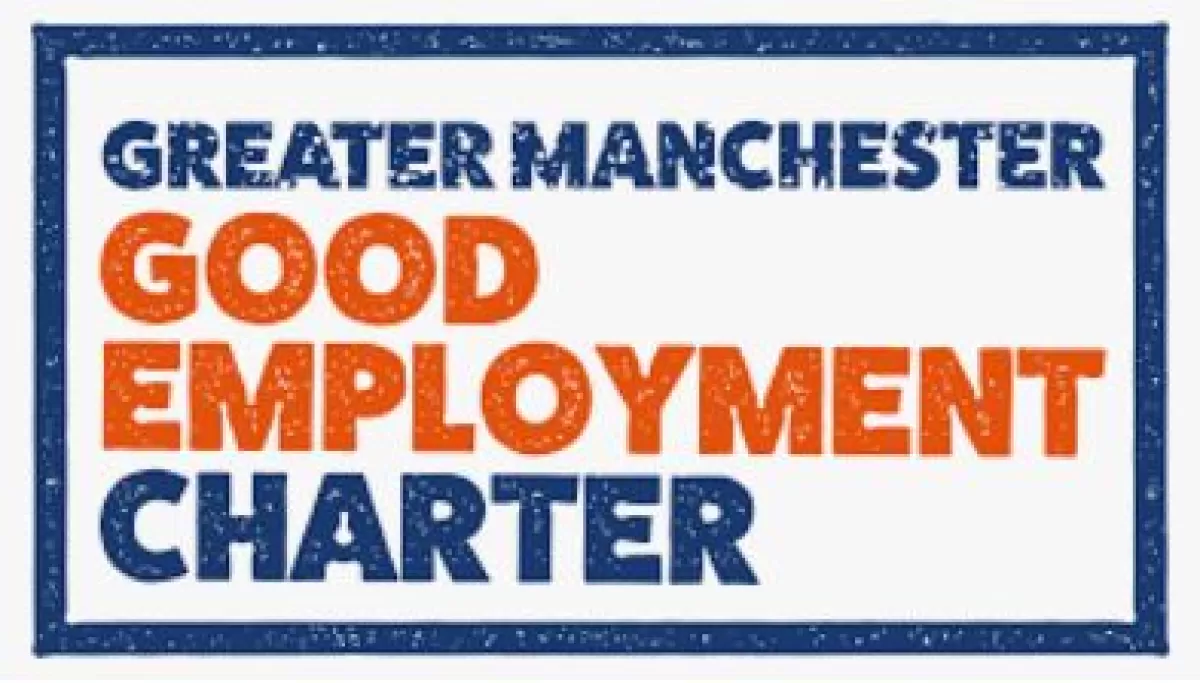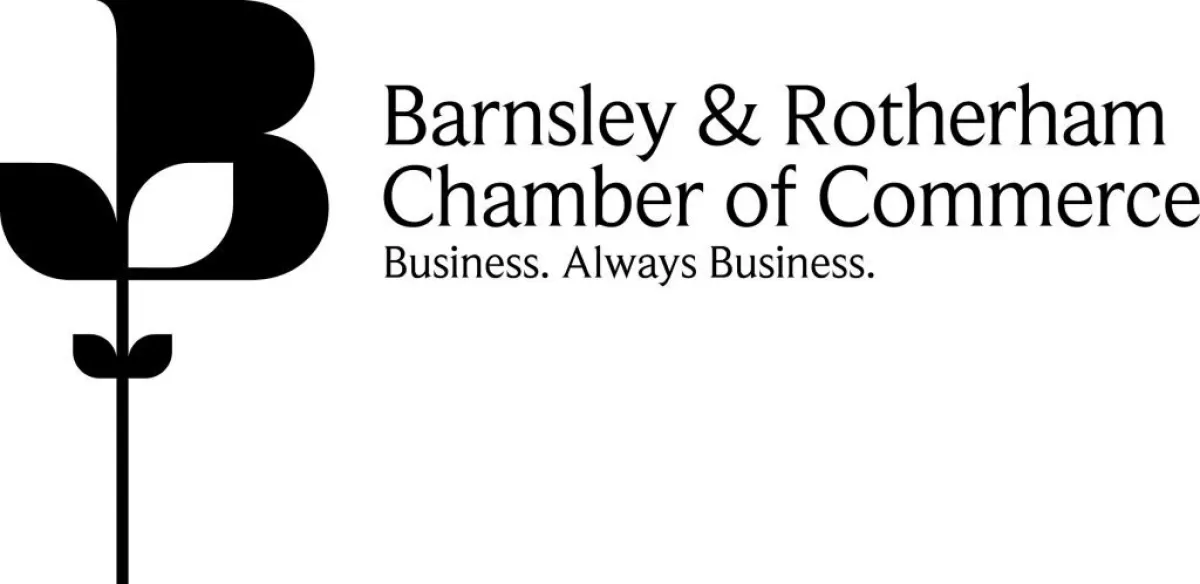
Following on from a previous post on this subject...
DEFINING THE SALES PROCESS PURPOSE
To reiterate from our previous blog, the Sales process is a systematic approach which involves a series of steps that enable a Sales team/department to:
- Close more deals
- Increase margins
- Make more Sales through referrals.
It’s important to note that these Sales steps are systematic and not haphazard. Random acts will produce random and uncertain results, which as you can imagine, is not good enough for future planning for your business. In Sales, random acts can be used occasionally, but a systematic and well-defined best practices approach can assure predictable results, which is ultimately better for business.
With the establishment and implementation of a Sales process that has measured definable steps, businesses gain:
- Predictable Outcomes - desired and predictable outcomes through a series of actions that will lead to more Sales and higher margins.
- Repeatable Activities - activities that should be repeated to obtain the desired outcomes again and again by any Salesperson within the organisation.
- Tangible Results - outcomes that can be measured and quantified.
- Relevancy for Others - A good Sales process may be cloned to suit other organisations and they may emulate a successful Sales process model. A group of companies may apply a particularly productive Sales process to all or some of its divisions.
Simply having a Sales process in place doesn't guarantee anything, unfortunately, just like simply buying and installing exercising equipment doesn't always lead to a chiselled body. Correct, effective usage will make the difference. Actively using and a desire to become willing to implement a Sales process will lead to more Sales.
CHARACTERISTICS OF AN EFFECTIVE SALES PROCESS
Any ordinary Sales process may produce the desired results in normal times. But an effective Sales process has the elasticity to accommodate extraordinary situations.
- ‘Is your business prepared to meet a sudden spike in demand for your products or services?’
- ‘Does your Sales process have the elasticity to deal with fluctuations in customer buying trends?’
- ‘Is your customer database current and up-to-date?’
- ‘Does your Sales process take into account the change in buyer tastes and preferences?’
Effective Sales processes stand the rigours of changing times and market conditions and produce the best possible results in most circumstances. An effective Sales process produces Sales results with unerring precision as a manufacturing unit would produce finished products. You could say an effective Sales process manufactures customers; a 'customer manufacturing system' if you will.
Isn't that an awesome productivity tool for any company to own?
Just as a manufacturing unit uses raw materials, strategy, technology, and manpower to produce finished goods, a Sales process can be viewed as an integrated method where manpower refers to the Salesforce, the product or service is the raw material, strategy refers to Sales plans and methods, and technology refers to the latest communication and Sales Technologies.
HOW TO BUILD A SALES PROCESS
In order to start creating a more effective Sales process, mapping out your current process can help provide a good visual for future planning. When you’re ready to put pen to paper (or, mouse-to-drawing tool) to map out your own Sales process; where do you begin?
Here are a few things to think about as you get started:
> Start by observing
Look back at the last 5 or 10 deals that closed. What were the major steps in the process? Roughly how long did the entire process take, and how much time elapsed between each step? The more examples you have to form your average off of (and the more people on your team those examples are coming from), the better.
Align your observations to a generic example While every Sales process is different and chances are the steps you observed align at least somewhat with the common steps outlined as discussed in the previous blog. Your list of steps may be shorter or may include stages not listed above, but a generic example is often a good starting point.
> Define the prospect action that moves them to the next stage
For each of the stages you define, you’ll want to have a crisp explanation of what causes a prospect to move from one stage to the next. Ideally, that reason or cause will be based on the actions of the prospect, not the perception of the Sales rep. Yes or no questions or questions with quantifiable answers are best.
Develop and refine over time Devising your teams’ Sales process is a job that never ends. In the weeks and months after your initial research, you’ll want to continue to iterate on your work based on feedback from your team. In the long run, it’s likely your Sales process will evolve as your team finds ways to work more efficiently and move prospects through your pipeline faster.
MEASURING YOUR SALES PROCESS
As you define and evolve your Sales process map over time, you’ll want to think about what the key metrics are that you should be measuring at each stage.
Some basic examples include:
How many prospects transitioned into and out of each stage in a given time period? For example, you’ll want to be able to easily draw conclusions such as - “in July, we started with 75 prospects in the ’awaiting demo’ stage... at the end of the month, we had moved through 28 prospects, and added 19, leaving us with 66 prospects in the ’awaiting demo’ stage.”
How long are your prospects staying in particular stages on average? Are there places where you could ’speed up’ the time spent at one stage? These are the very basics that most teams find value in measuring. Give some thought to other metrics that are specific to your business and will help you define success or the need for improvement in a particular stage.
COMMON MISTAKES & TIPS FOR SUCCESS
Don’t leave your Sales process steps open to interpretation It’s important to define specific, concrete actions on the part of the prospect that cause them to be moved from one stage to the next. Leaving it up to your Sales team to interpret based on their perception of the situation will leave you with a less accurate understanding of where things are and aren’t working in your Sales process.
> Don’t expect any single Sales method to be the ’silver bullet’
While some teams choose to stick with and follow one methodology closely, others choose to study several popular methodologies and pick bits and pieces they find useful from each.
Regardless of which approach you take, it’s a good idea to at least keep abreast of what is new and changing over time. As the needs and desires of buyers change, different approaches, methodologies, and ways of doing things will fall into and out of favour.
> Your Sales process map will always be a work in progress
As we mentioned previously, this will not be a one-off project! Your Sales process will always be a work in progress. It’s good to get in the habit of taking time to review your Sales process every 4-6 months with the folks who are in the trenches selling every day. (This should be in addition to watching performance metrics on a likely daily basis.)
TOTAL EXCELLENCE CENTRE & CLOSE BROTHERS For over 20 years, Total Excellence Centre have been providing highly engaging, innovative, learning & development programmes to SME's and large multi-national organisations throughout the UK and Overseas.
We have built an outstanding reputation within both the Private and Public sectors, designing high-quality solutions, delivered by people who have lived the business experience and genuinely care about developing others.
A great example of how our training can directly help businesses is our work with Close Brothers Premium Finance. We introduced various bespoke strategies in order to improve their Sales process with great success.
If you’re looking at reviewing the development of your Sales team or your Sales process ……drop us a line to find out how we can help you with a truly bespoke solution for your business.
To read Part One of this blog post. Please visit this article.
Continue Reading
Partnerships & Accreditations





